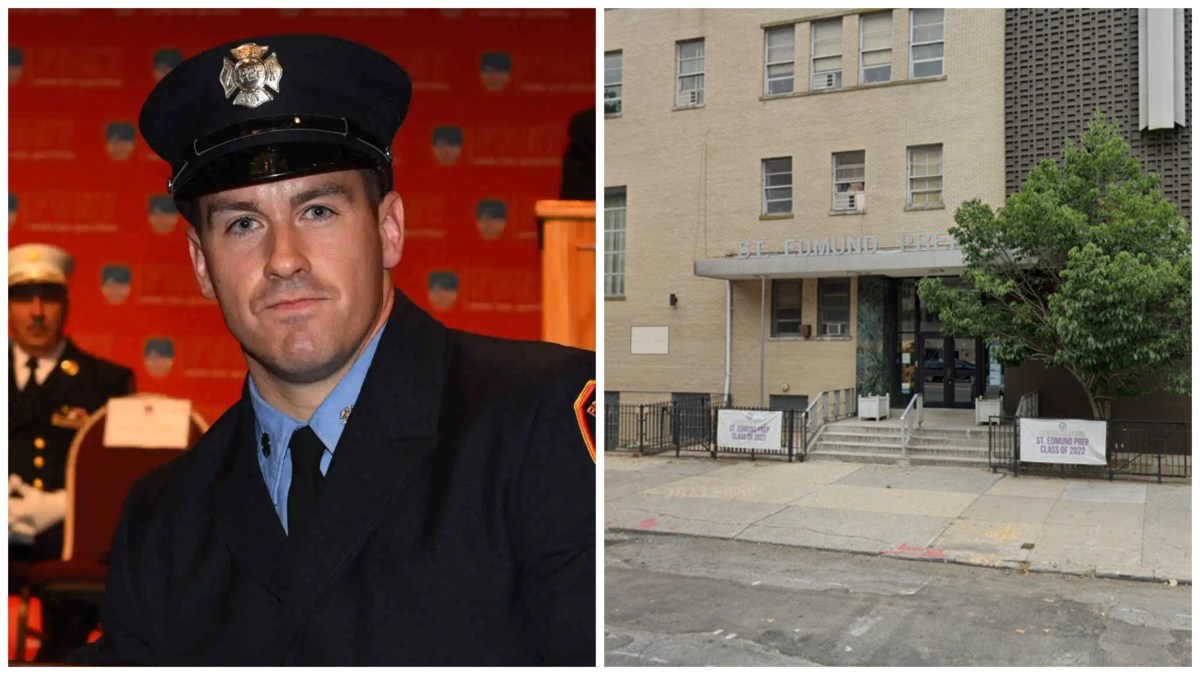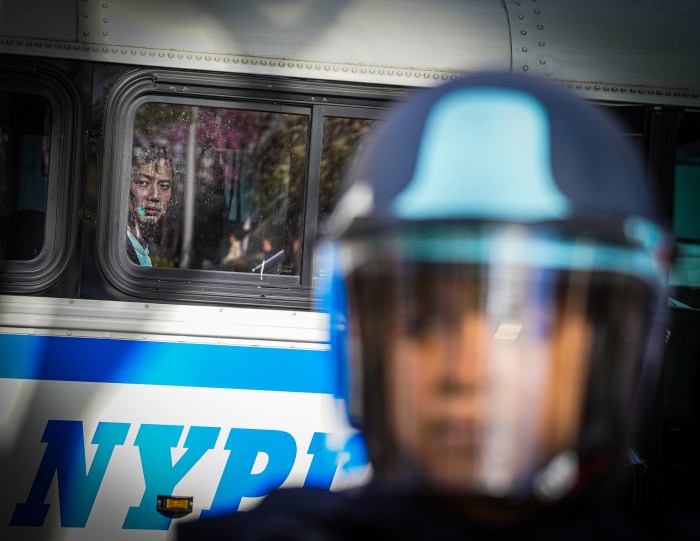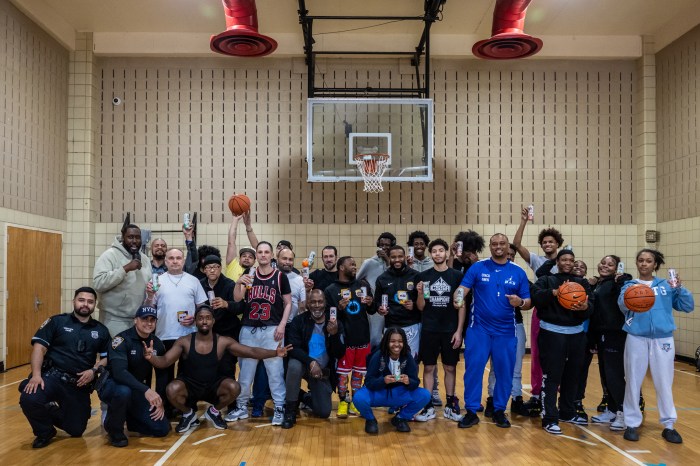Four years ago on Dec. 14, the unthinkable happened at Sandy Hook Elementary School in Newtown, Connecticut.
A gunman entered the building and fatally shot 20 children between the ages of 6 and 7, as well as six adults.
The horrifying tragedy renewed pushes for more gun control legislation, but there is still little agreement in Congress.
Most recently, in June, the Senate rejected four proposals for gun control. The vote occurred days after the fatal mass shooting at an Orlando night club. The shooting, which killed 49 people and injured 53 others, was the deadliest mass shooting by a single shooter in the country’s history.
The proposals voted on in June would have banned anyone who is listed on the no-fly list from purchasing a firearm and would have closed some background check loopholes.
It’s unclear when Congress will renew talks about gun control, but here’s a look back the major legislation that has passed.
National Firearms Act of 1934
President Franklin D. Roosevelt signed the first federal gun control law, which was in response to the actions of Al Capone and other gangsters. The act imposed a $200 tax on the manufacture or sale of machine guns and short-barrel firearms.
National Firearms Act of 1938
This act required gun dealers to have licenses and record their sales. It also prohibited sales to people under indictment or convicted of violent crimes.
Omnibus Crime Control and Safe Streets Act of 1968 and the Gun Control Act of 1968
Within the Omnibus Crime Control and Safe Streets Act of 1968, there were new provisions that banned interstate trade of handguns and increased the minimum age to buy a gun without parental supervision to 21. The Gun Control Act of 1968 prohibited the sale of firearms to felons, drug users and people with mental illnesses. Both were spurred by the assassinations of President John F. Kennedy and Martin Luther King, Jr. and were signed into law by President Lyndon B. Johnson.
Firearm Owners Protection Act of 1986
This act was a compromise that reversed some provisions put in place earlier, including allowing the interstate sale of rifles and shotguns. It prohibited the creation of a national firearm database and allowed gun owners to travel through states with unloaded weapons. It did, however, ban the sale of machine guns to private citizens.
The Brady Handgun Violence Prevention Act of 1993
The Brady Act, introduced by then-Rep. Chuck Schumer in the House of Representatives and signed by President Bill Clinton, required background checks on firearm purchases. The bill was named after James Brady, President Ronald Reagan’s press secretary who was shot in the head in an assassination attempt on Reagan in 1981.
The National Instant Criminal Background Check System, managed by the FBI, was then established to conduct the background checks.
Violent Crime Control and Law Enforcement Act of 1994
The Violent Crime Control and Law Enforcement Act of 1994, commonly known as the Assault Weapons Ban, was a 10-year federal ban on the manufacture of semi-automatic assault weapons. It was originally written by then-Sen. Joe Biden and signed by President Bill Clinton. The ban was not renewed in 2004.
Tiahrt Amendment in 2003
Sponsored by Rep. Todd Tiahrt, this amendment prohibited the Bureau of Alcohol, Tobacco, Firearms and Explosives from publicly releasing data on where criminals bought their firearms.
Protection of Lawful Commerce in Arms Act of 2005
This act gives gun manufacturers immunity in civil lawsuits about crimes committed with their firearms.
2013 proposals for assault weapons ban and universal background checks
Shortly after the mass shooting at Sandy Hook, gun control legislation was introduced in Congress in the form of the Assault Weapons Ban of 2013 and the Manchin-Toomey amendment. The latter would require background checks on most private firearm sales. Both did not pass when they were voted on in April 2013.
Since then, Congress has not been able to pass federal gun control legislation.

















